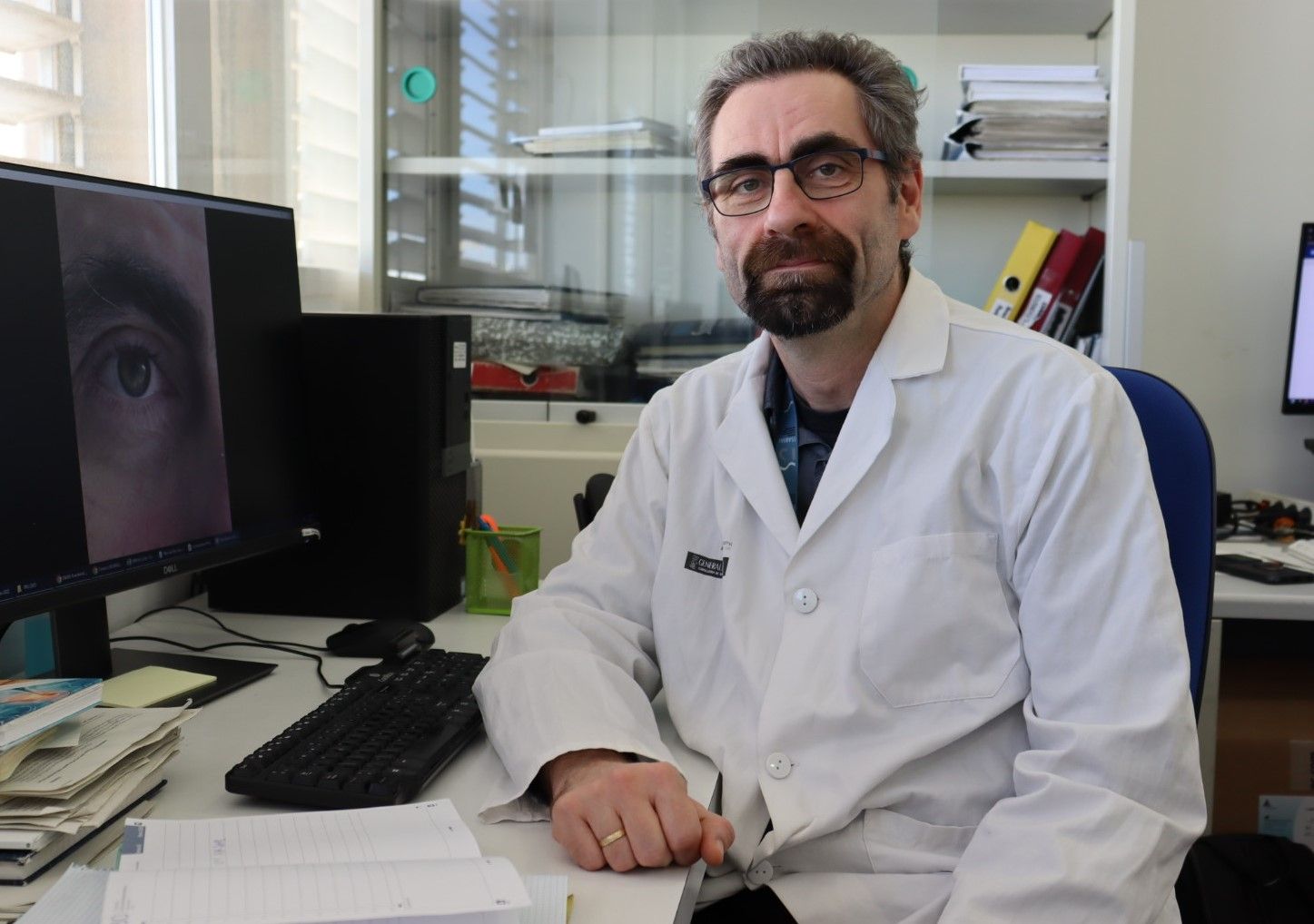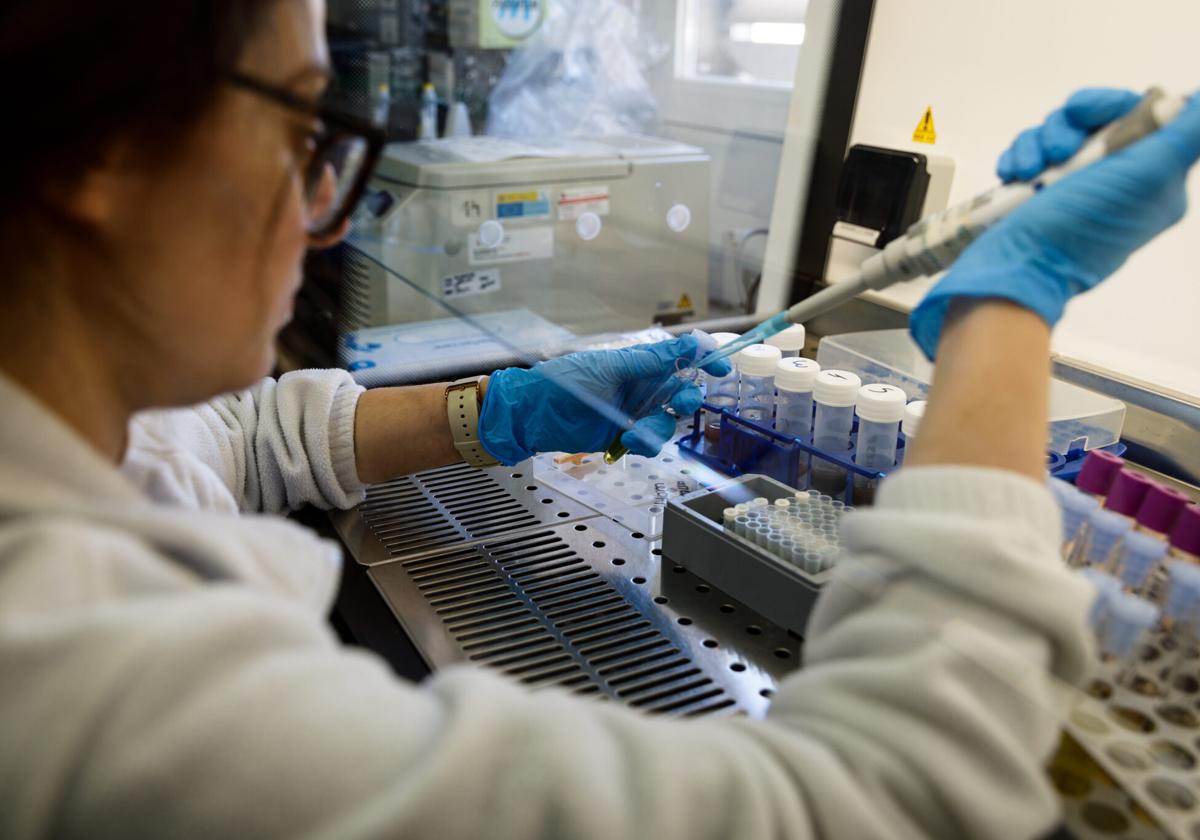A laboratory in Alicante to work with 3D organ models to reduce animal experimentation
The joint research unit of UMH and ISABIAL will focus on the development of organoids, an innovative technology with pioneering applications in biomedicine and biotechnology
Pau Sellés
Alicante
Friday, 28 February 2025, 12:56
A new research unit established in Alicante will enable work with three-dimensional models that replicate organs, thereby reducing animal experimentation. This new team has been created by the Institute for Research, Development and Innovation in Healthcare Biotechnology of Elche (IDiBE) at Miguel Hernández University (UMH) and the Alicante Institute for Health and Biomedical Research (ISABIAL).
Their field of work will include Bio-printing, Organoids, and Organs-on-chips for Functional Biomodels. Their focus will be on the development of organoids, an innovative technology with pioneering applications in biomedicine and biotechnology.
Organoids are small three-dimensional structures similar to a tiny organ created in the laboratory from the culture of tumor cells or stem cells, which have the potential to form different types of cells.
Traditional biomedical research requires the use of research animals at the preclinical level. Although the use of animal models is conducted with strict ethical considerations, it is a costly method and sometimes distant from human translation.
Personalized Medicine
Organoids, which are three-dimensional models that accurately replicate the physiological conditions of human tissues and organs, are revolutionizing biomedical research by providing a more precise model for studying certain diseases. They also allow for drug testing and advancements in personalized medicine, as it would be possible to design organoids tailored to the genetic and epigenetic characteristics of each patient, leading to more effective and personalized treatments.
Among the objectives of the new unit are the design and development of experimental and preclinical models that reduce the use of experimental animals. They will be applied to the screening of new molecules with antineoplastic, antiviral, antibiotic, and antifungal capabilities, originating from both natural sources and synthetic libraries or designed through the combination of molecular modeling and virtual screening techniques. Additionally, the new unit aims to work on the design and development of new biomaterials and biosensors useful for the diagnosis and treatment of cancer and other pathologies.
“Organoid technology has the potential to transform biomedicine, and this agreement is a clear commitment to collaborative and translational science that positions us at the forefront of this promising research area.”
Antonio Ferrer Montiel
Director of IDiBE
The professor of Biochemistry and Molecular Biology at UMH and director of IDiBE, Antonio Ferrer Montiel, whose team is currently developing an innervated skin organoid, emphasizes that “organoid technology has the potential to transform biomedicine, and this agreement is a clear commitment to collaborative and translational science that positions us at the forefront of this promising research area.”
Meanwhile, the scientific director of ISABIAL, Cristina Alenda, highlights that “the launch of the new joint unit between ISABIAL and IBiDE represents a step forward in collaborative research that will allow us to remain at the forefront in the field of health and biomedical research in the province of Alicante, always with an eye on improving care quality.”
The Joint Unit will have multidisciplinary research teams, combining clinical experience with biotechnological development. It will also have cutting-edge facilities at both centers, ensuring an optimal environment for research and innovation. The extensive experience in managing biological material for biomedical research at the ISABIAL Biobank will underpin the unit's activity.






